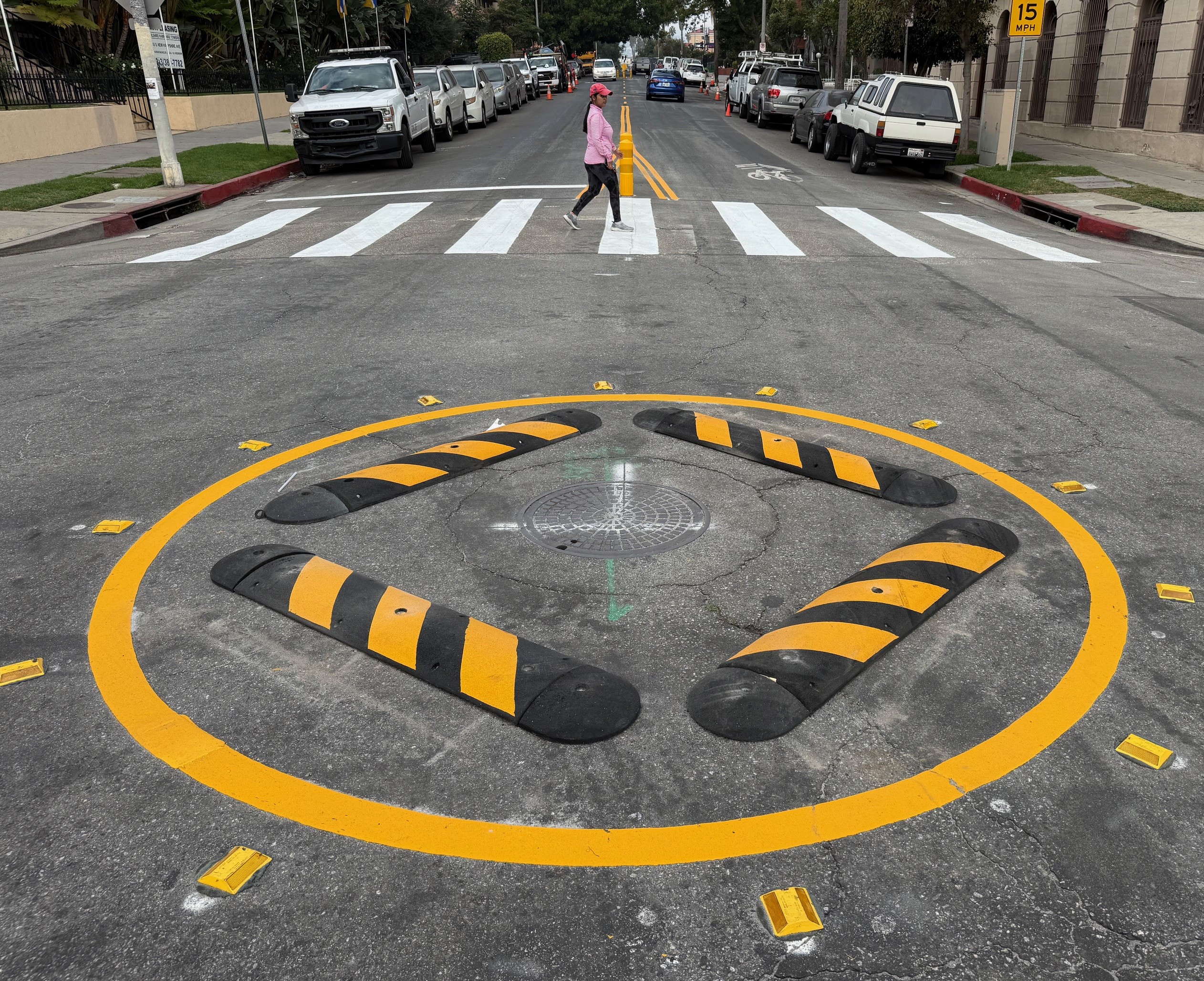A federal policy that has encouraged Americans to drive to work instead of taking the bus or the train won't tilt the playing field toward car commuters so much.

A bill that extends provisions of the tax code will permanently set the maximum transit commuter tax benefit at the same level car commuters get for parking expenses. Both classes of commuters can now pay for those costs with up to $255 in pre-tax income per month. The tax deal is expected to clear Congress this week, reports Forbes.
Currently, the monthly pre-tax expense for transit riders is capped at $130, while the cap for parking is set at $250. The mismatch primarily works against commuter rail and express bus services, which can easily cost more than $130 per month.
In recent years, lawmakers went back and forth between temporarily leveling the playing field and stiffing transit riders.
Jason Pavluchuk of the Association for Commuter Transportation applauded the measure, which would take effect in 2016. "This provision will eliminate the financial incentive to drive alone and will increase transit," he said. "Further, this will help both transit riders as well as drivers who will benefit from less congested roads."
While commuter tax benefit parity is an improvement, eliminating the benefit entirely would be better.
A report released last year by TransitCenter and the Frontier Group pointed out that commuter tax benefits amount to a gigantic transfer from low earners to high earners, who are best positioned to take advantage of them. Also, the maximum benefit may now be level for individual commuters, but in the aggregate the vast majority of the these tax incentives will continue to go toward driving, an enormous subsidy that makes rush hour traffic congestion worse.





